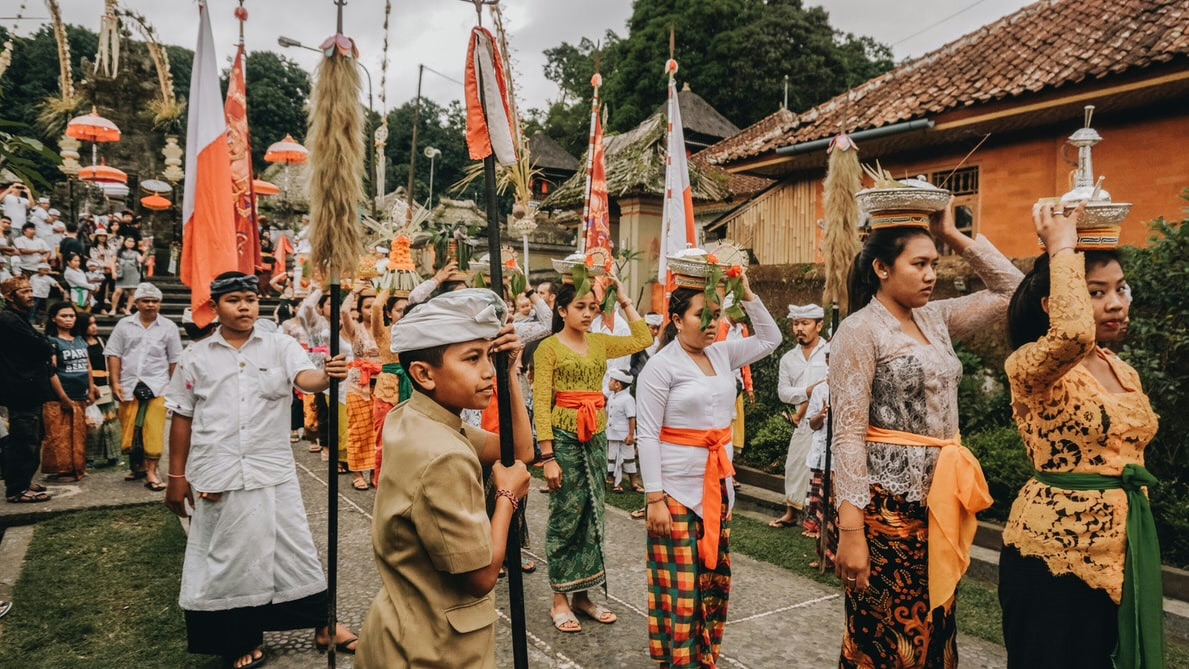
The Governor of Bali, Wayan Koster, has announced that a cultural census will be conducted on the island in the coming months. Koster has repeatedly stated that his mission is to protect and preserve Balinese culture while balancing these efforts with the island’s development and growing tourism.
Balinese culture is unique and remarkably well-preserved. It is a major part of what gives the island its distinct vibe and draws millions of tourists every year. But the world is changing — and so is the island. One of the most distinctive features of Balinese culture is its traditional naming system. Koster has previously expressed concern that names like Komang, Nyoman, and Ketut might disappear. This is one of the reasons he is insisting on the census — to understand which elements of the culture need protection and additional resources for preservation.
He aims to collect detailed cultural data from each traditional village and preserve it as a cultural asset. The governor’s goal is to monitor both large and small shifts within Balinese culture. For example, changes in the materials used for rituals, ceremonies, and daily religious offerings are significant. Locals are increasingly adapting the flowers and items used in temple offerings depending on price fluctuations and income levels. It is important to understand how the island’s economy affects people’s ability to uphold traditions — and vice versa.
Koster stated: “We need to study Bali’s economy more closely and monitor the changes, because right now the island is undergoing an economic transformation, which includes organic agriculture, marine and fisheries industries, small and medium-sized enterprises, as well as micro-, small-, and medium-sized businesses.”
Koster also recently issued a list of mandatory rules for tourists. These include respecting temple etiquette, staying only in officially registered accommodations, and using licensed guides and drivers throughout their stay on the island.

You can add one right now!